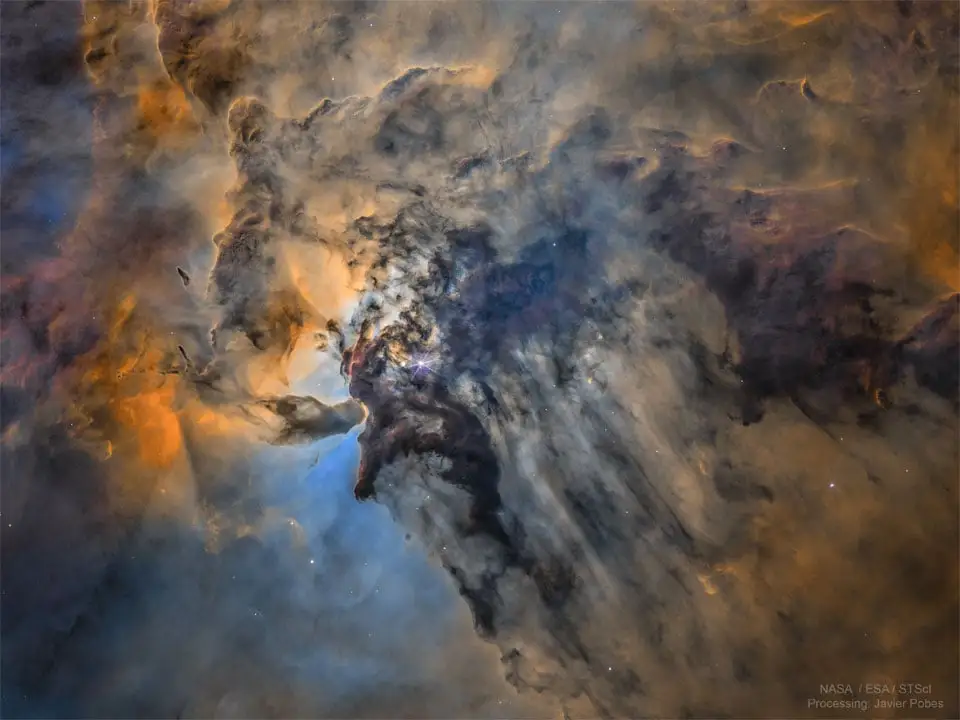366
JWST Detects the Earliest, Most Distant Galaxy in the Known Universe—And It’s Super Weird
(www.scientificamerican.com)
Share & discuss informative content on: Astrophysics, Cosmology, Space Exploration, Planetary Science and Astrobiology.
 The Busy Center of the Lagoon Nebula
The Busy Center of the Lagoon Nebula
🔭 Science
🚀 Engineering
🌌 Art and Photography
Other Cool Links
“A redshift of one corresponds to a distance of more than 10 billion light-years. JWST’s studies showed that JADES-GS-z14-0 has a redshift of 14.32, the highest ever recorded.”
Wow!
“Usually gases like oxygen show up only after large groups of stars have lived their lives and died in supernova explosions,” Hainline says. “So seeing oxygen in a galaxy this young is like if you are an anthropologist and you find an enormous, ancient city that has evidence of iPhones.”
That just boggles the mind!
Can’t wait to get more data on this wee, spry, bizarre find.
It is an entire, whole ass galaxy. I do not think it fits any definition of wee.
Ha ha ha!
Well…
We both saw the photo in the article. It’s a big photo, and they had to enlarge the teeny tiny spot this galaxy was in, then blow it up and actually add an arrow to point it out.
Seems pretty wee to me!
pikachupokerface.webp
Ok Dougal, one last time. Small… Far away…
Size is relative and our perception of time (and the way we measure it) requires us to use numbers so large, most people can't really visualize at the scales we are talking about.
Off the top of your head, can you visualize how much space 10 billion apples would take up? Sure, you could calculate it, but it's likely not something you could instantly visualize in your head.
Honestly, I don't know how to solve for that problem.
More education tbh. Don’t see any other solution.
Being able to visualize how much space something needs only comes with experience, so as long ad you don't want students to work with 10b apple on a regular basis, education isn't really able to change this.
What’s your solution then?
As I said. The only way to be able to visualize extreme numbers of anything is, to work with extreme numbers of it, but this isn't a viable solution for everything.
So your answer is. Education. Got it.
Why? Earlier galaxies had often bigger stars and supergiants & co. don't live long but fuse to oxygen too, no?
If you enjoy the topic, my favorite astrophysicist, Dr. Becky, covered this discovery in her latest video!
142.3 billion light years 🤯